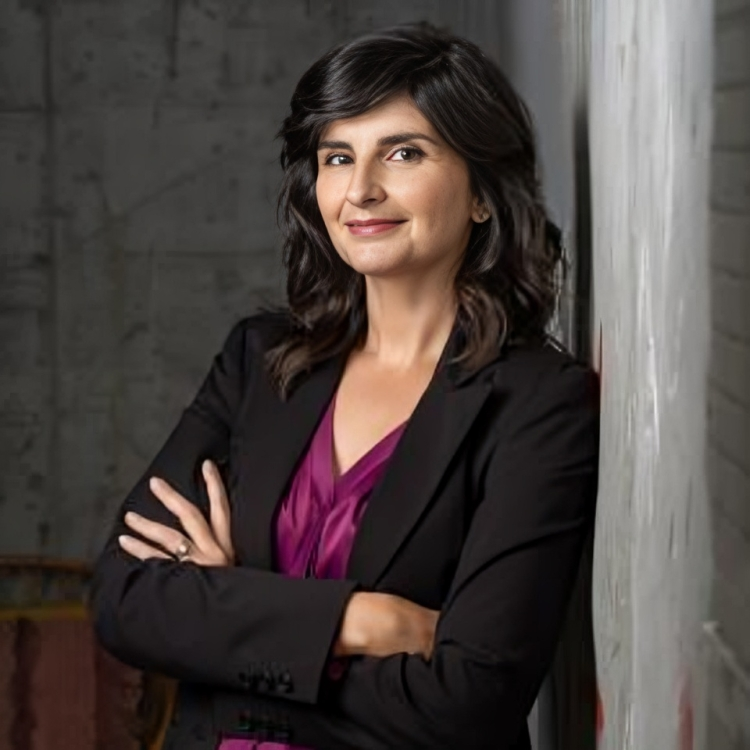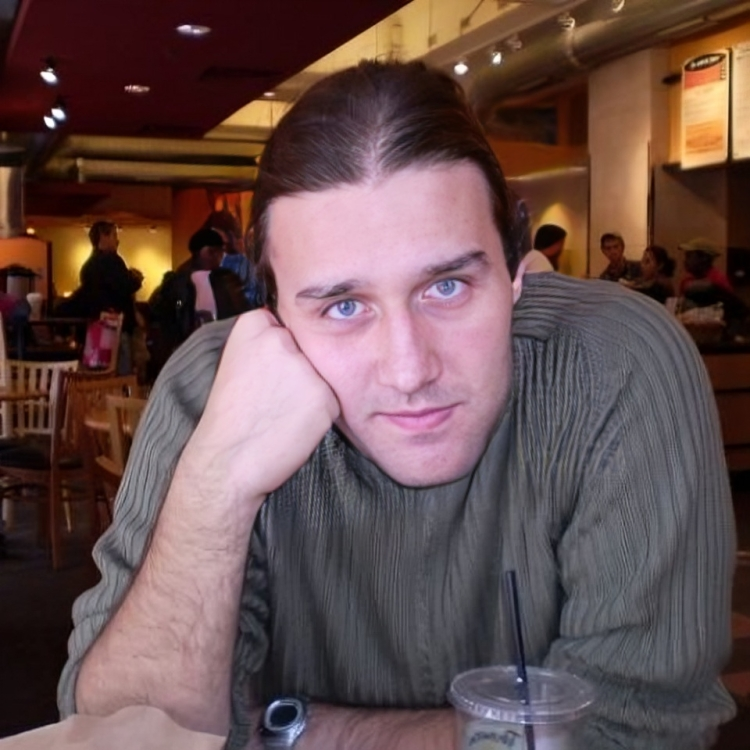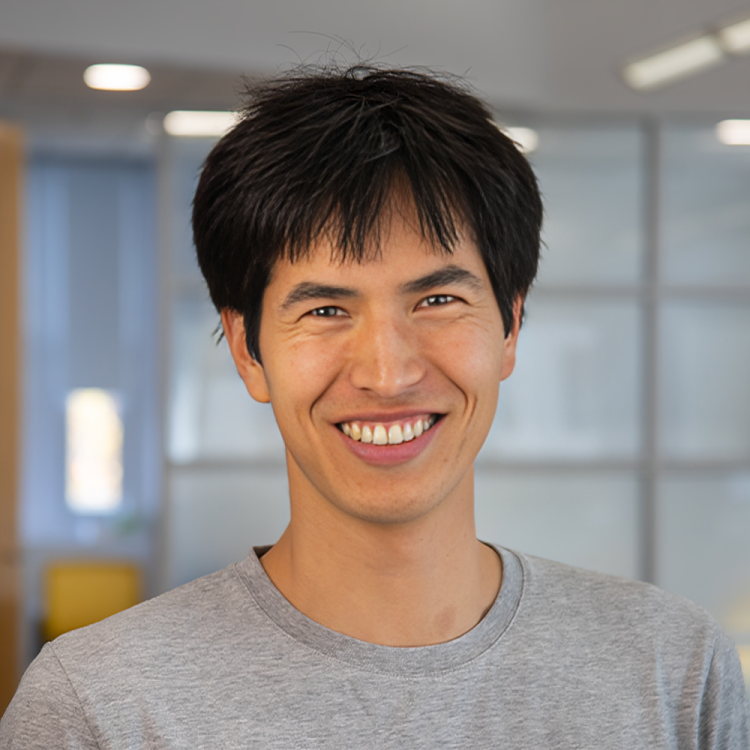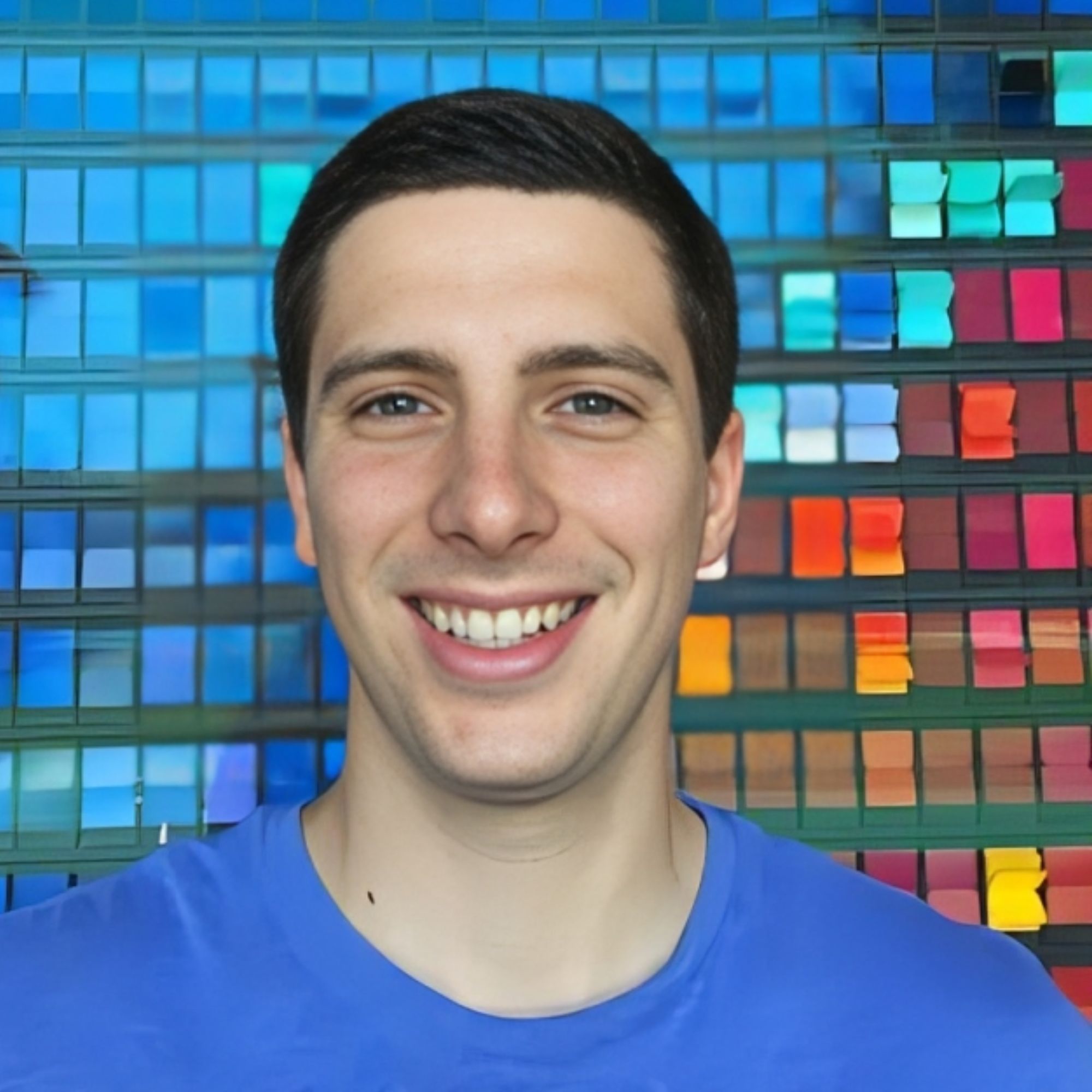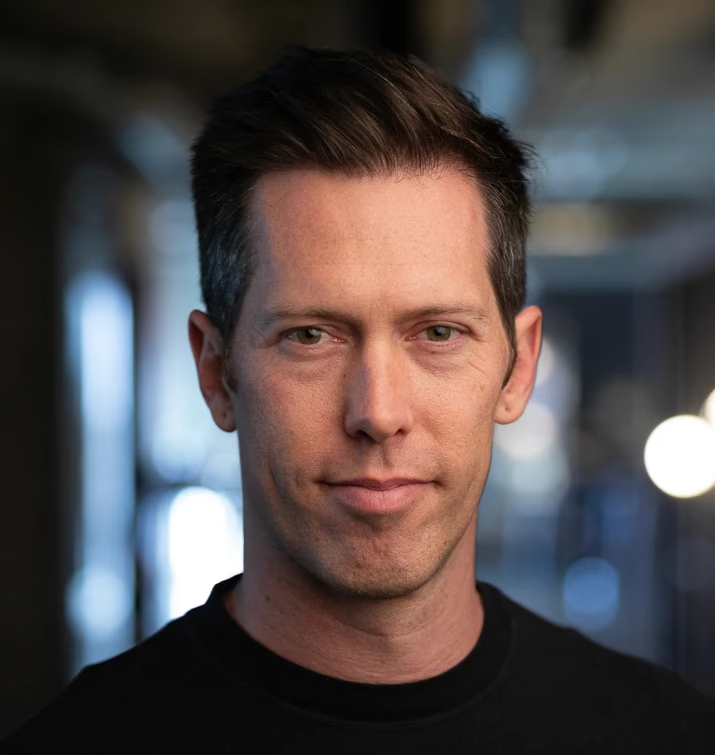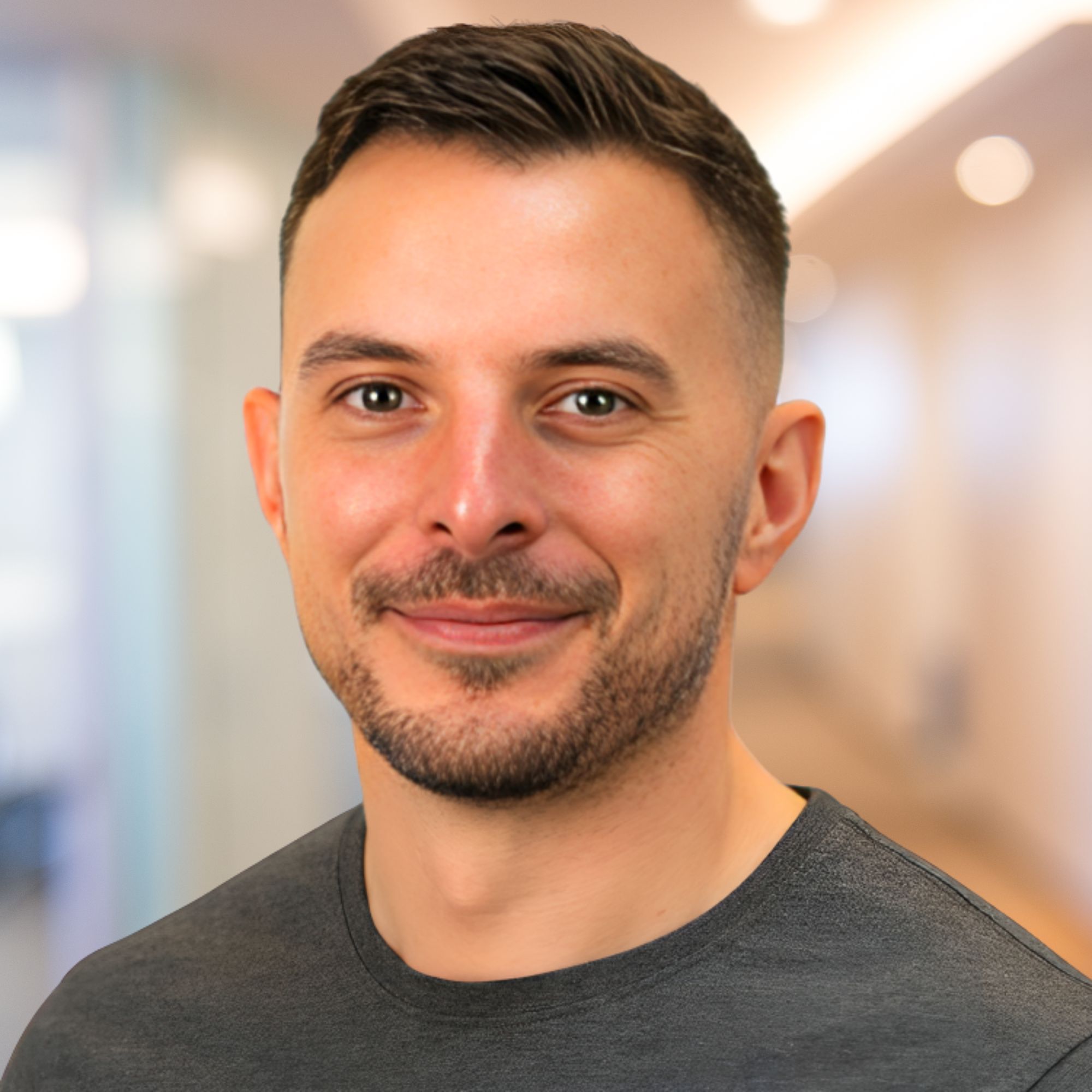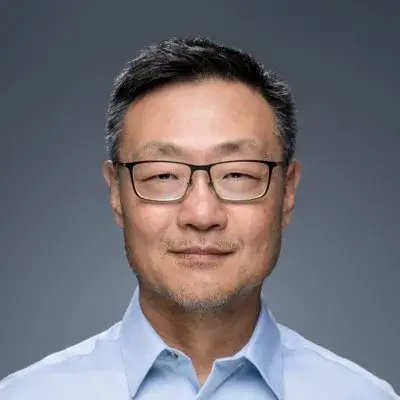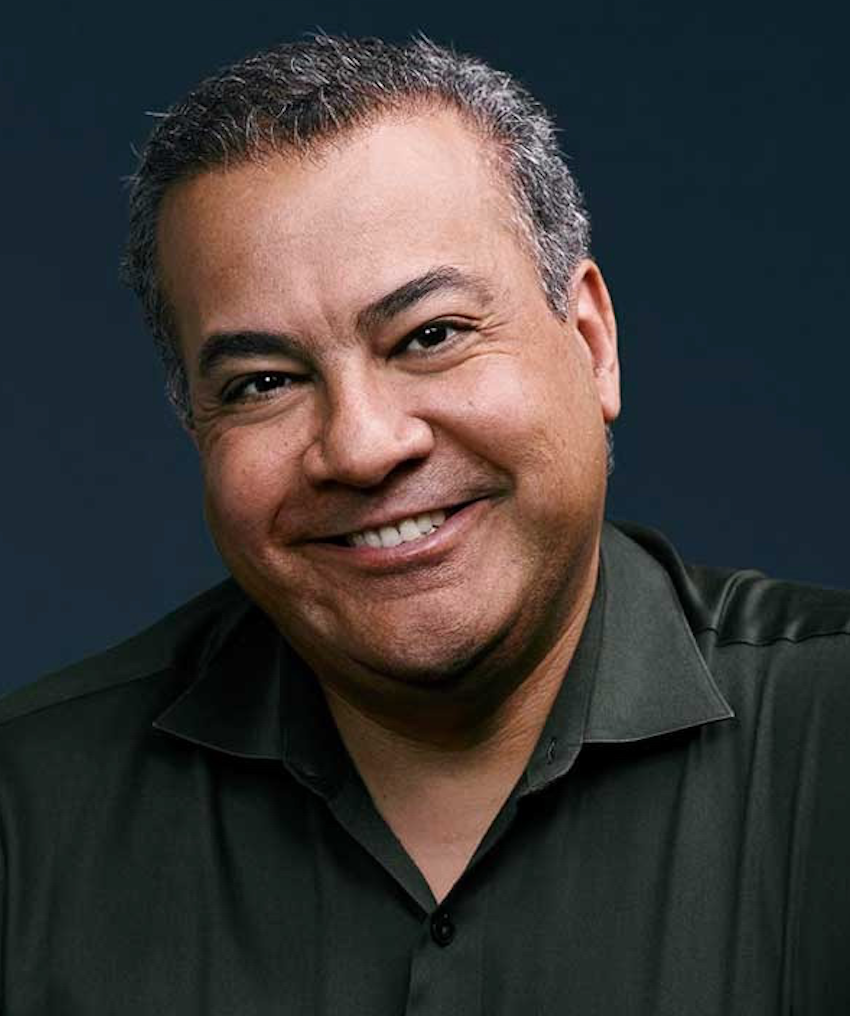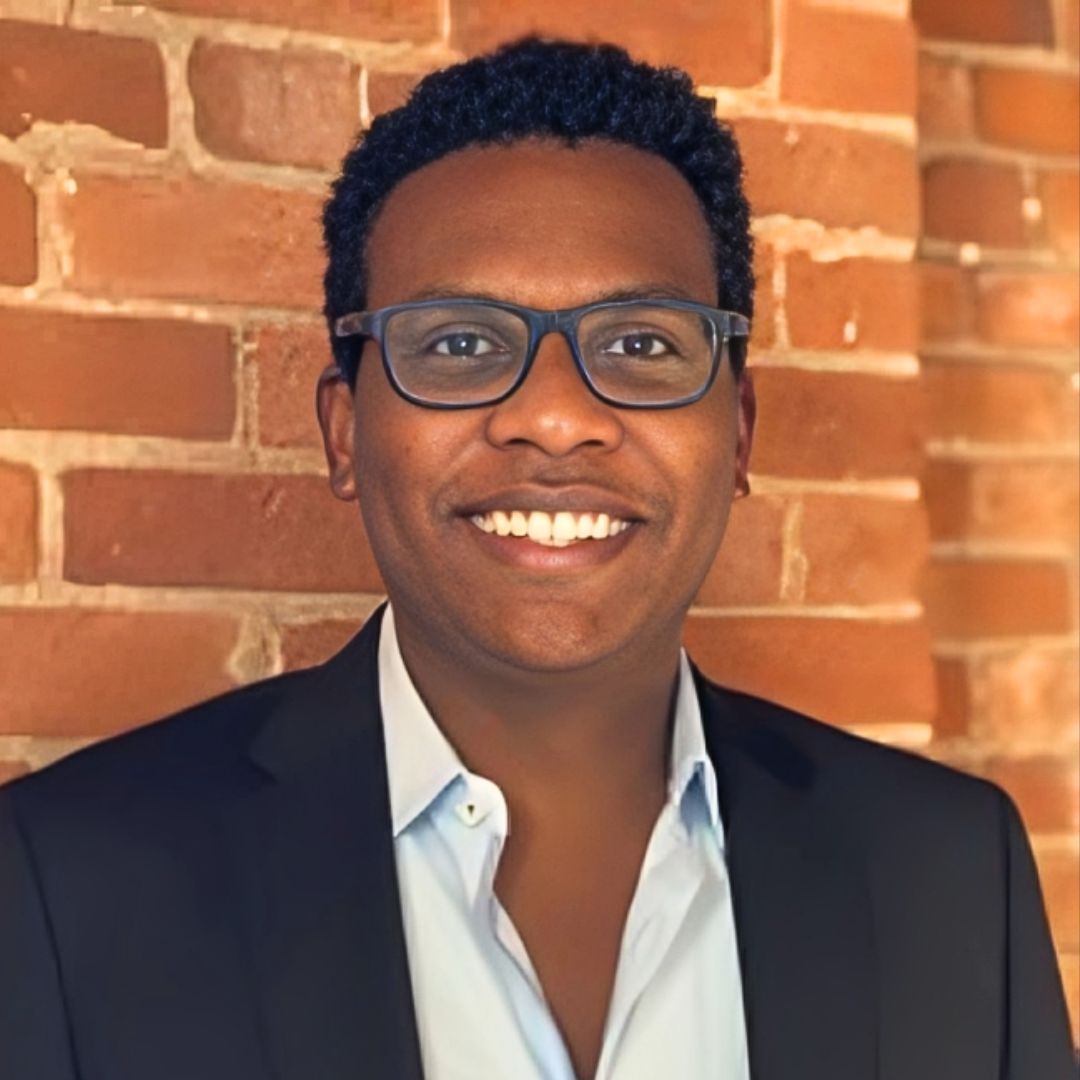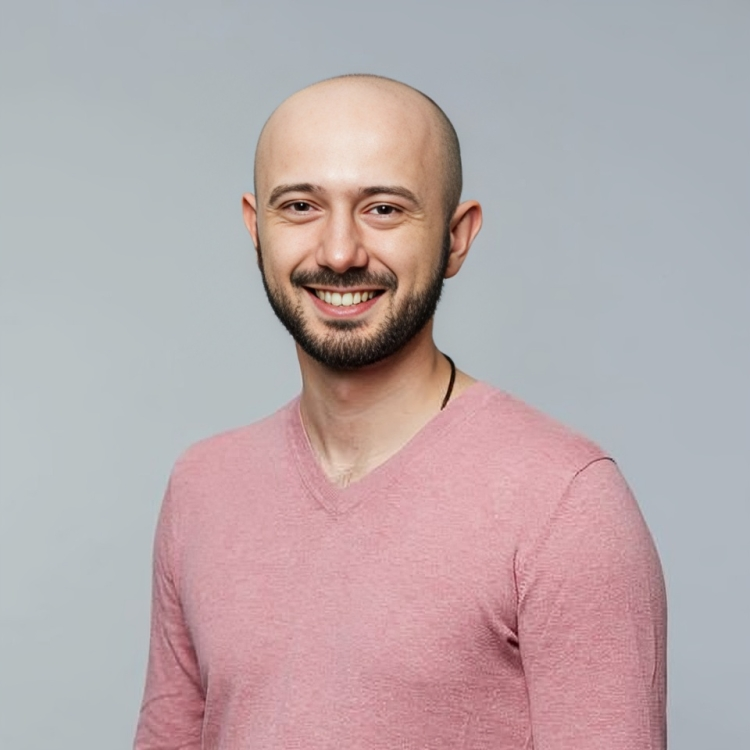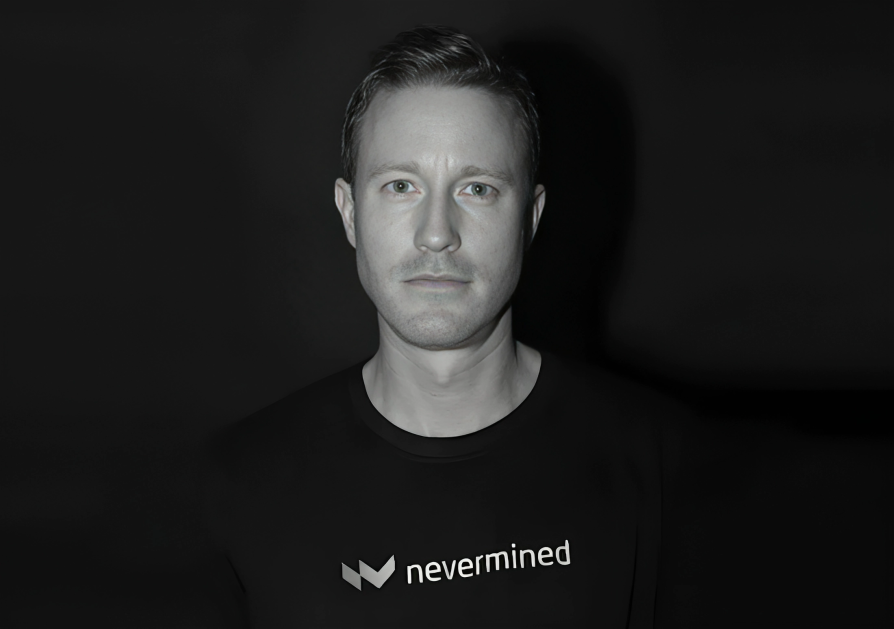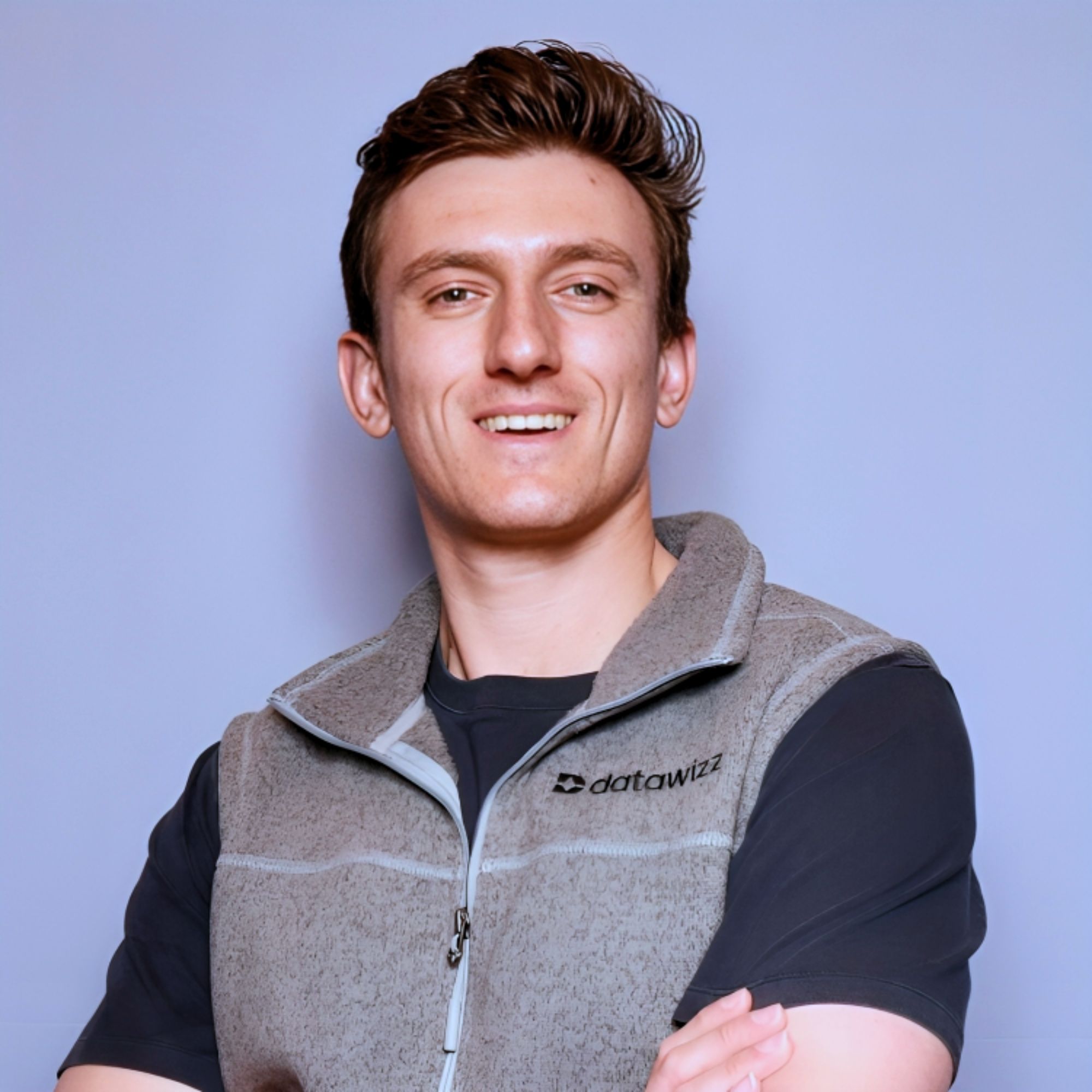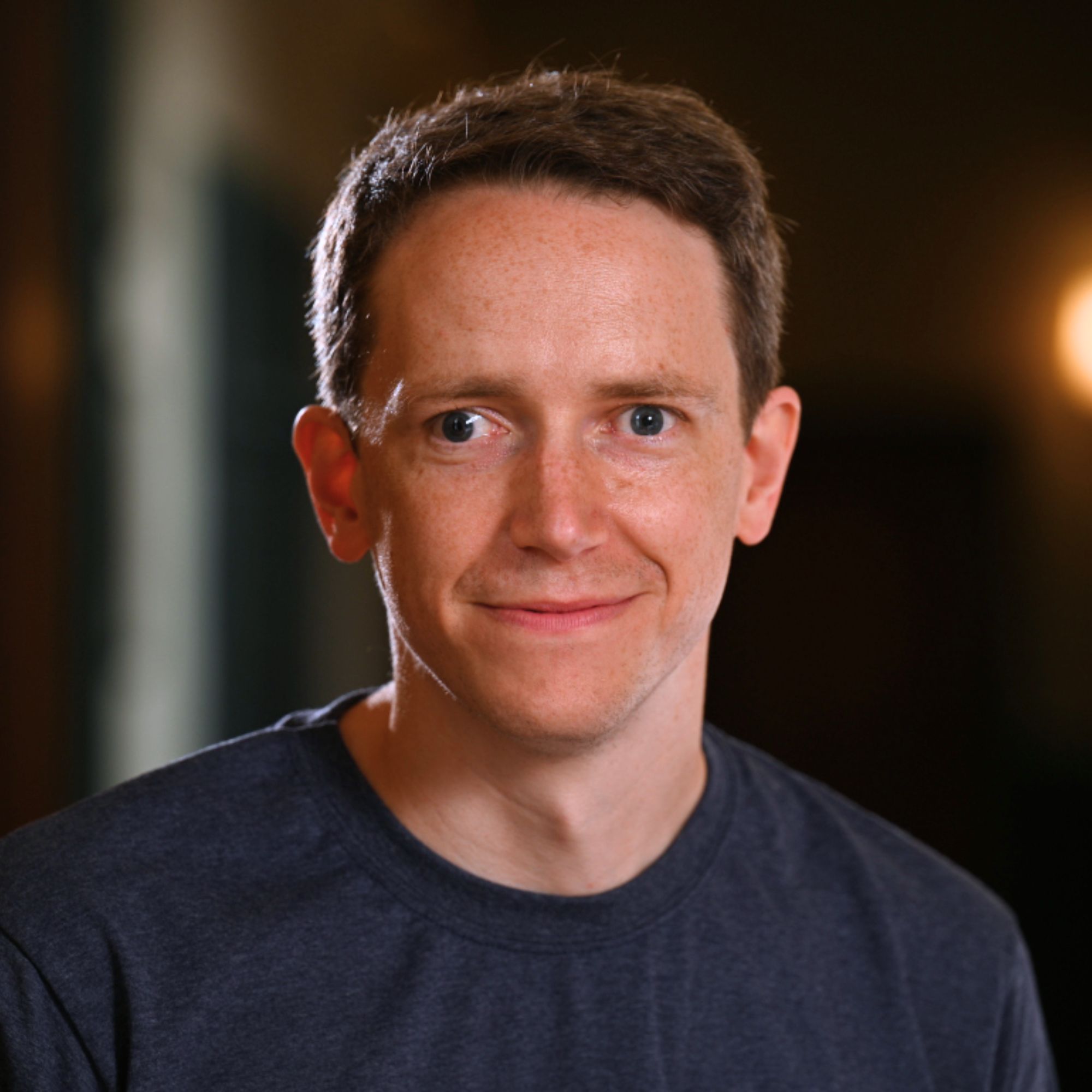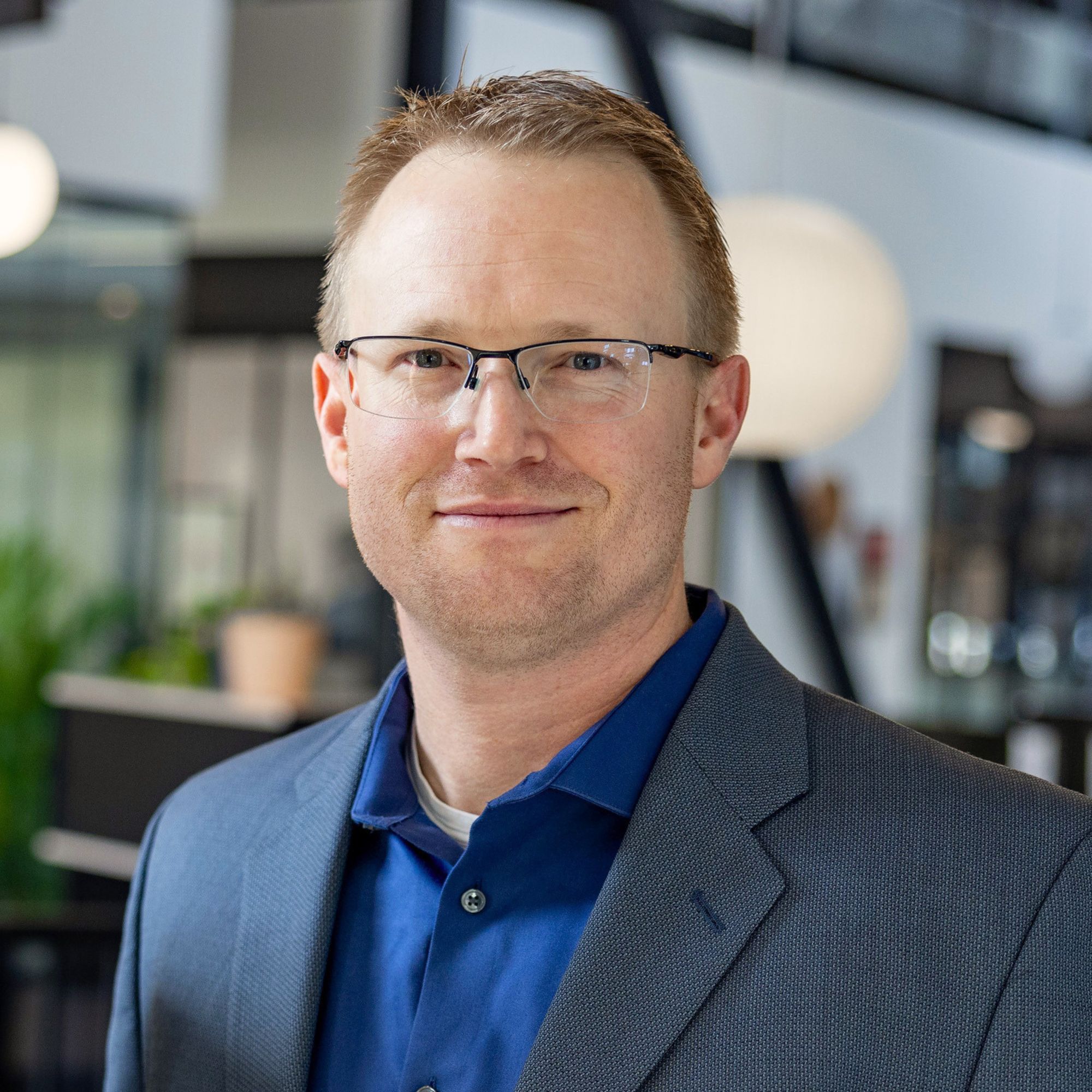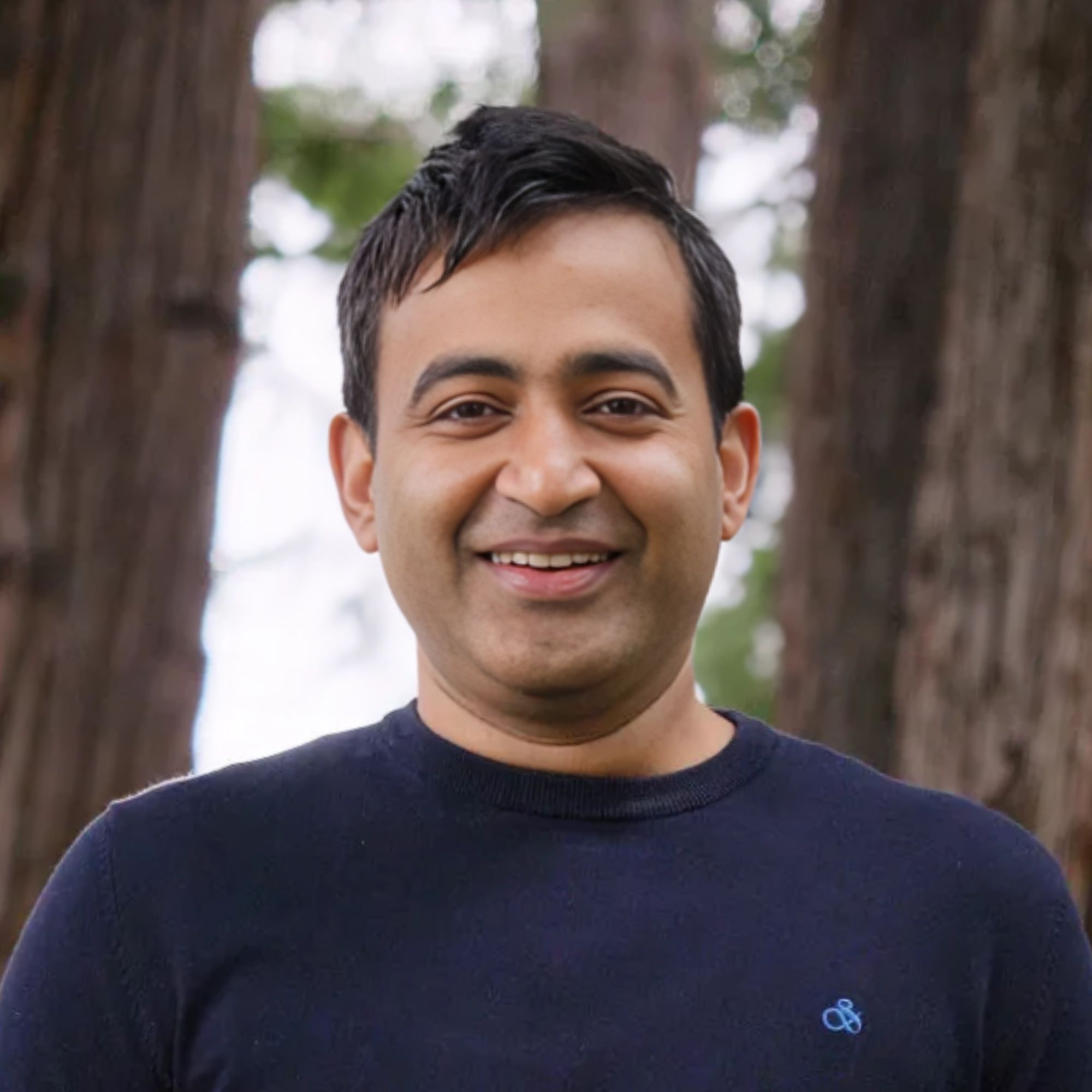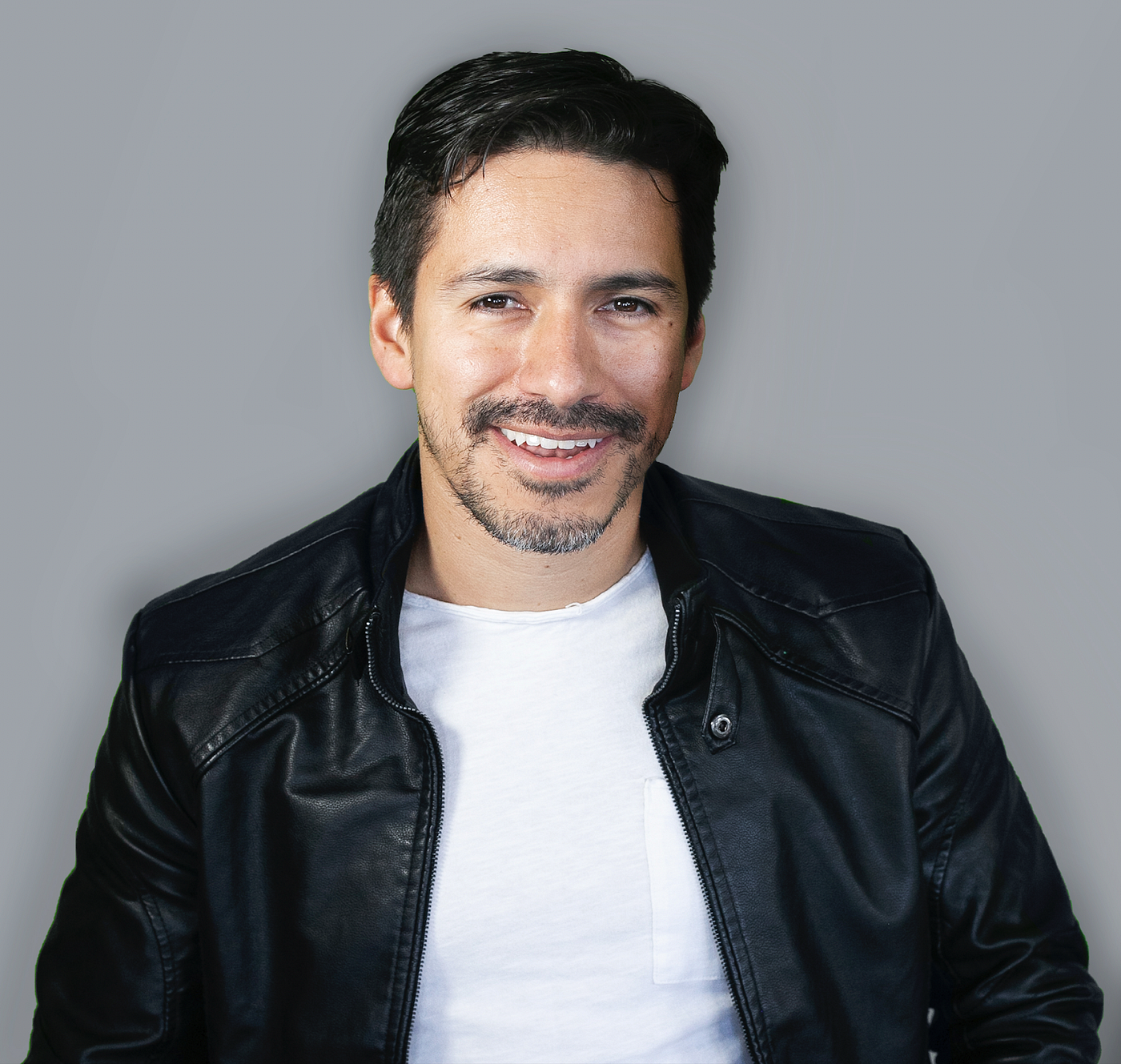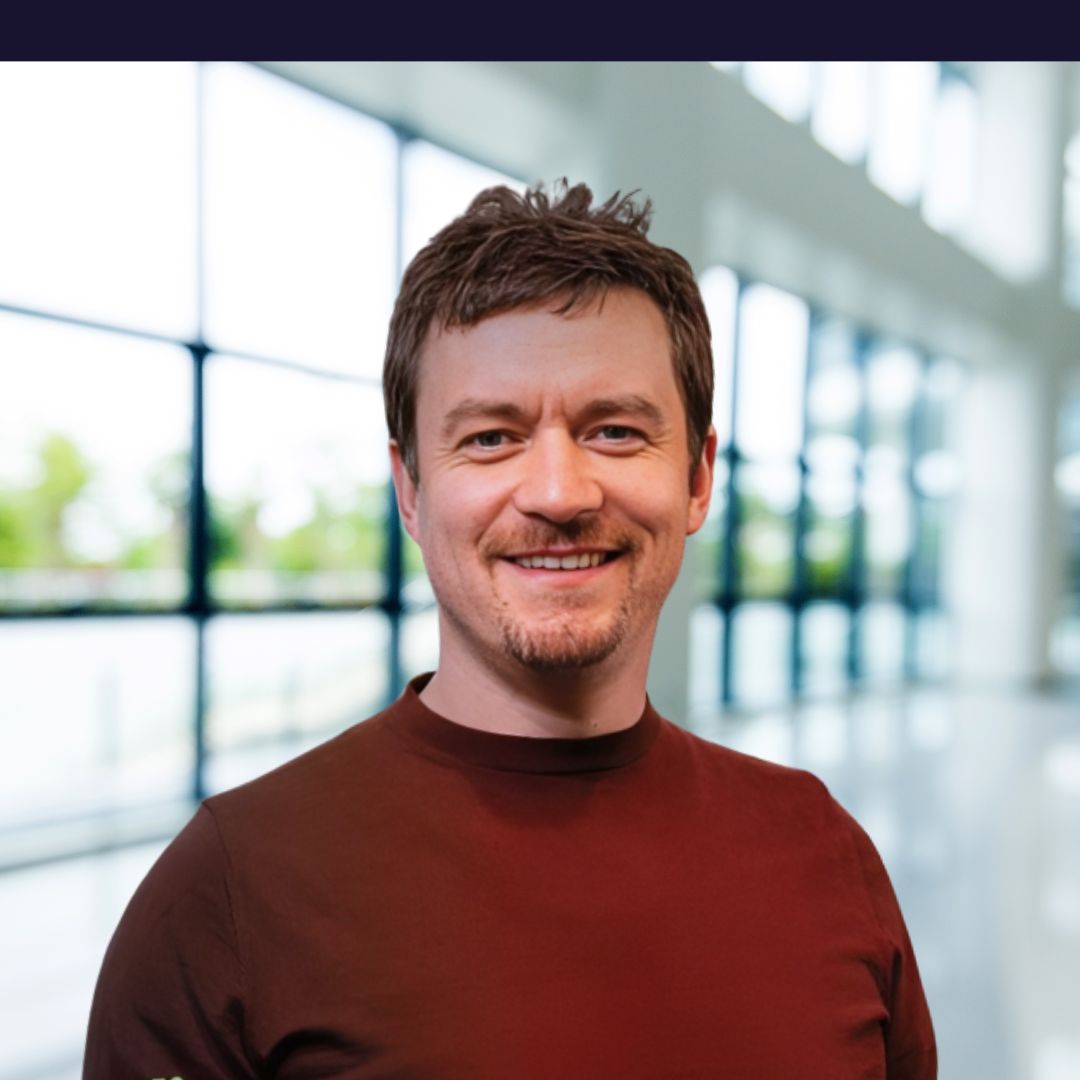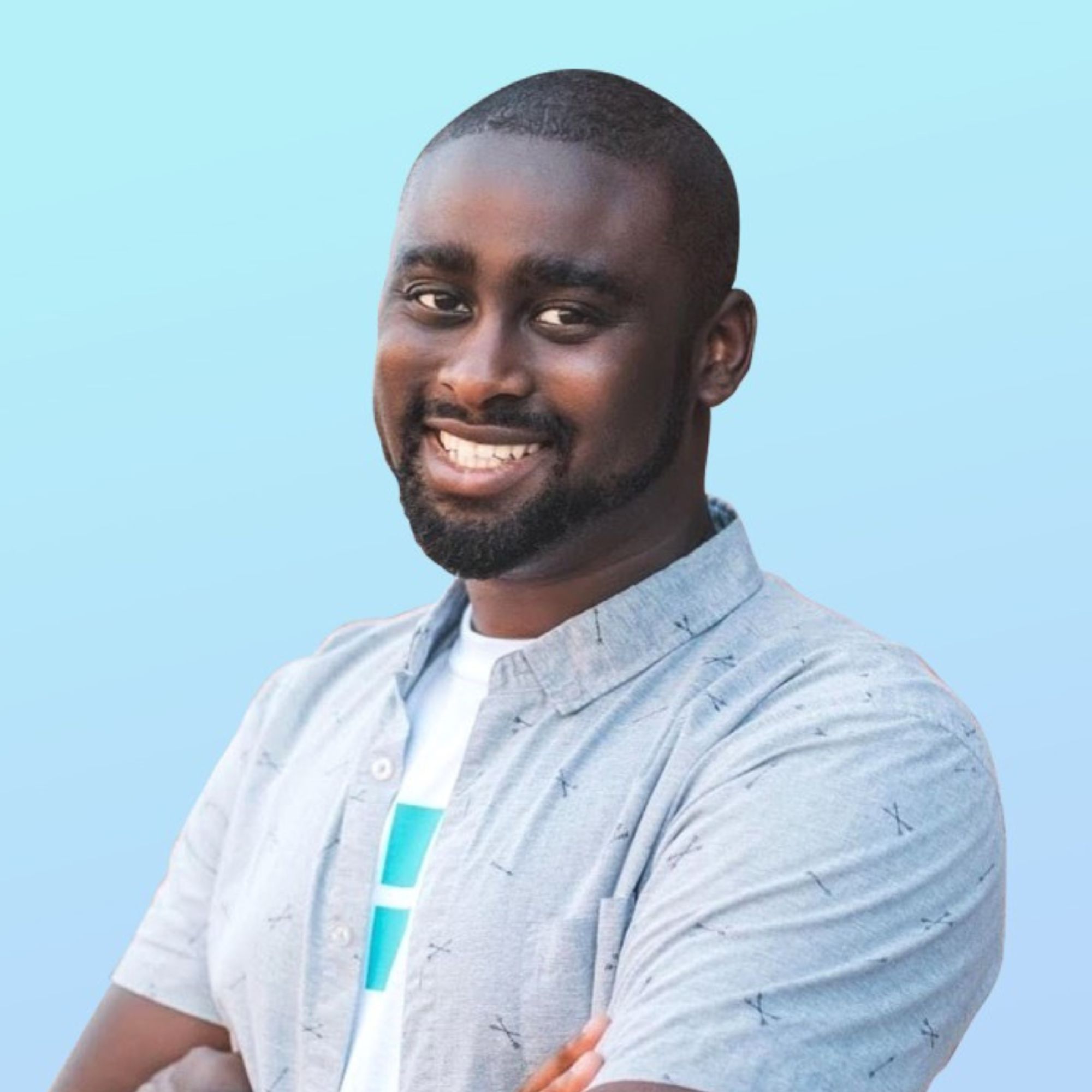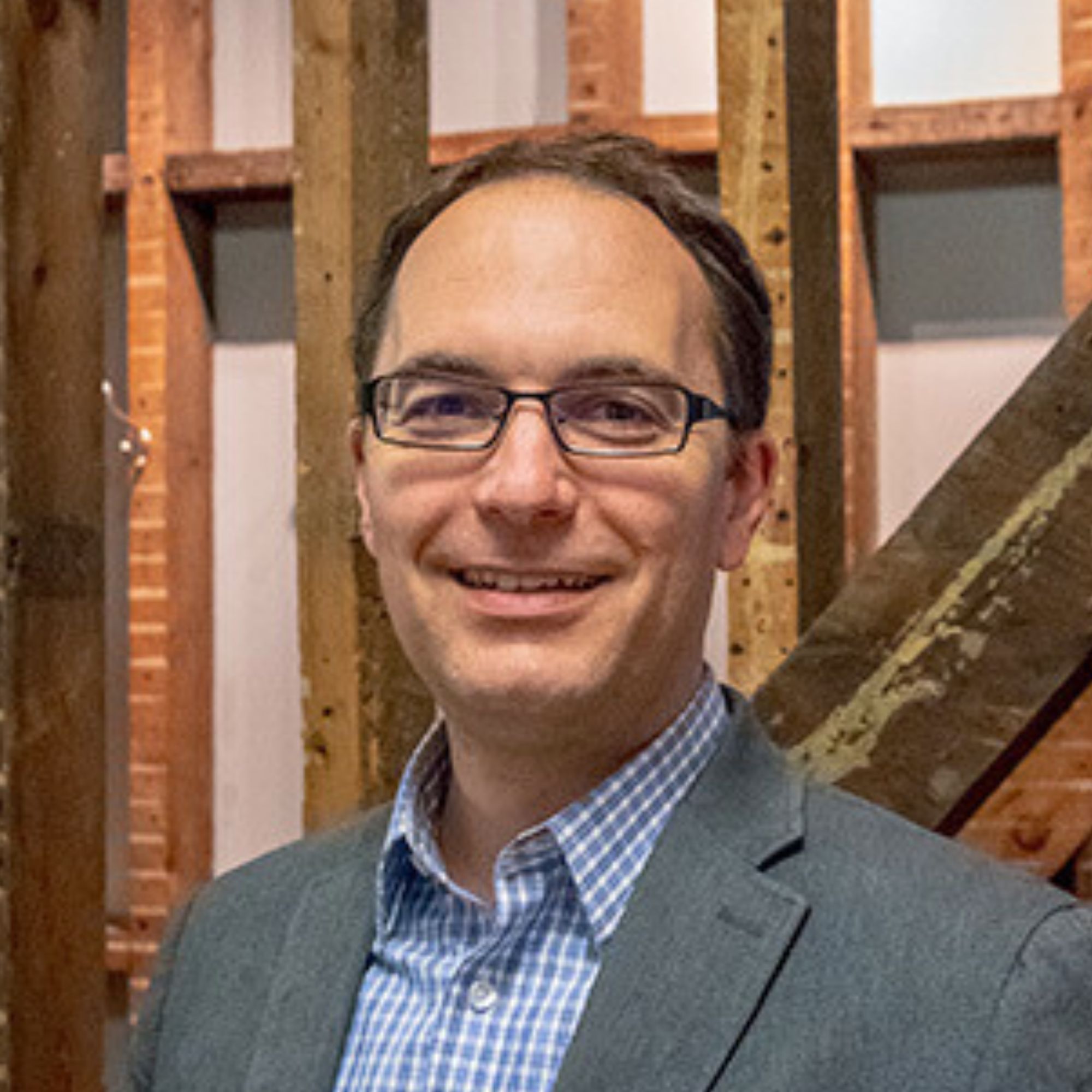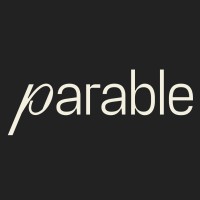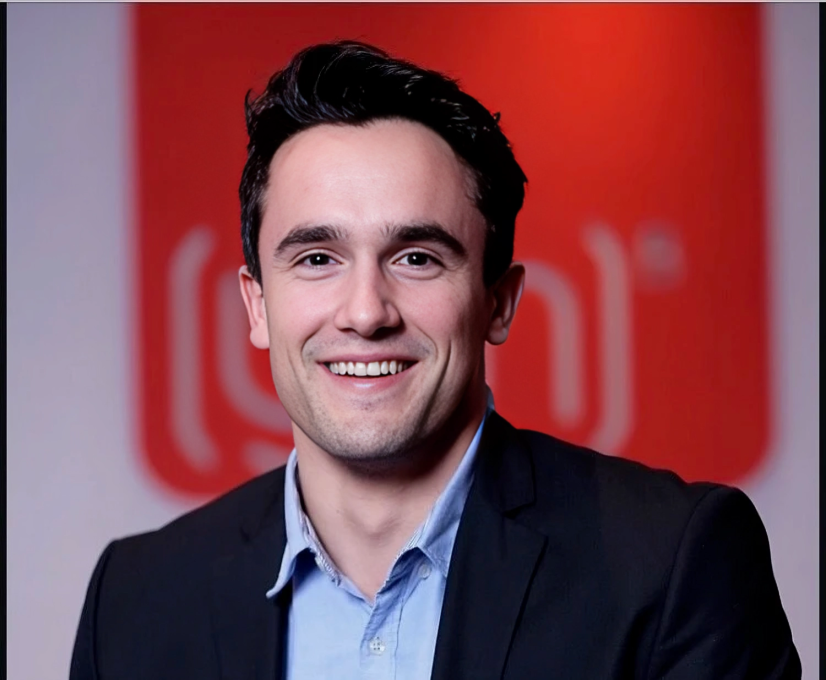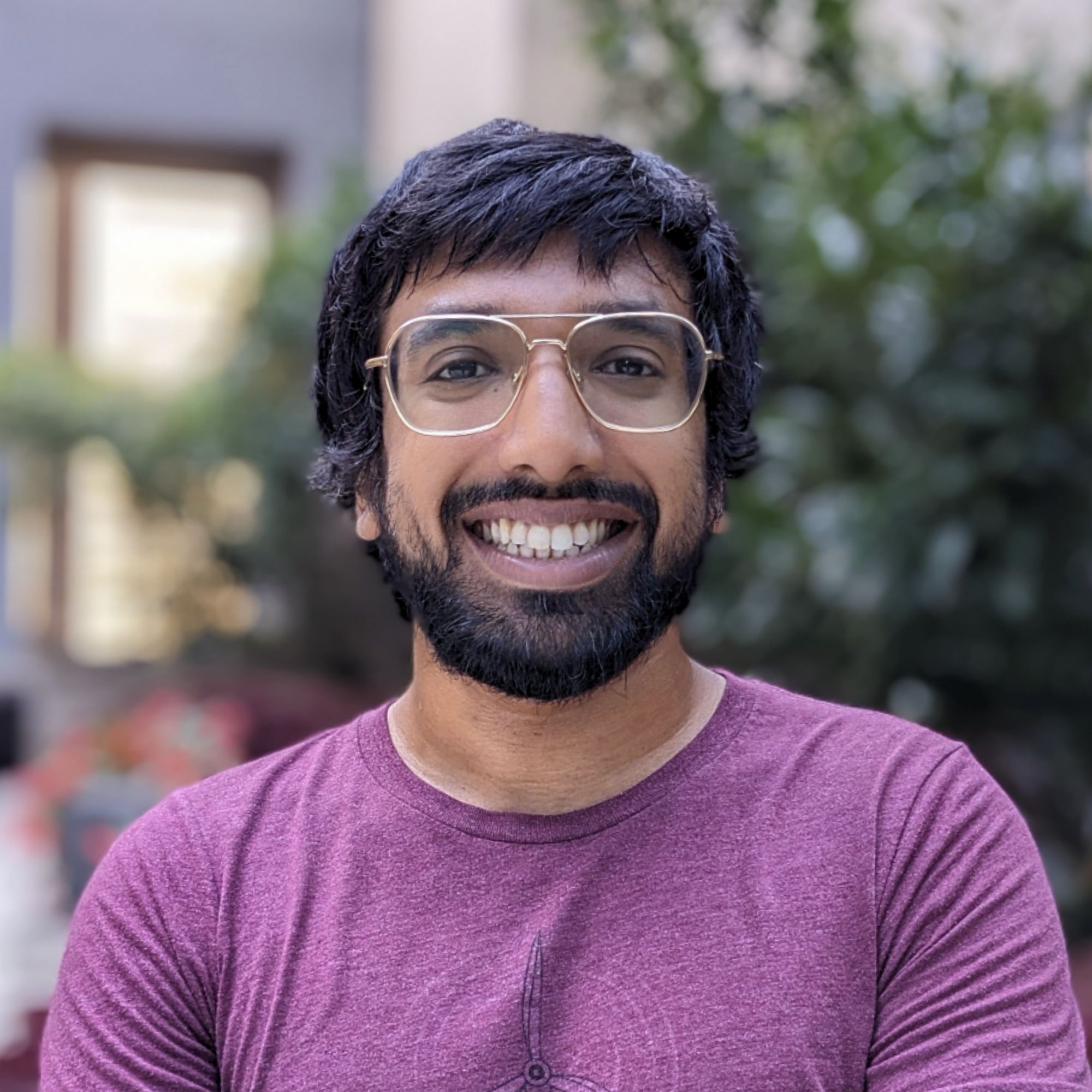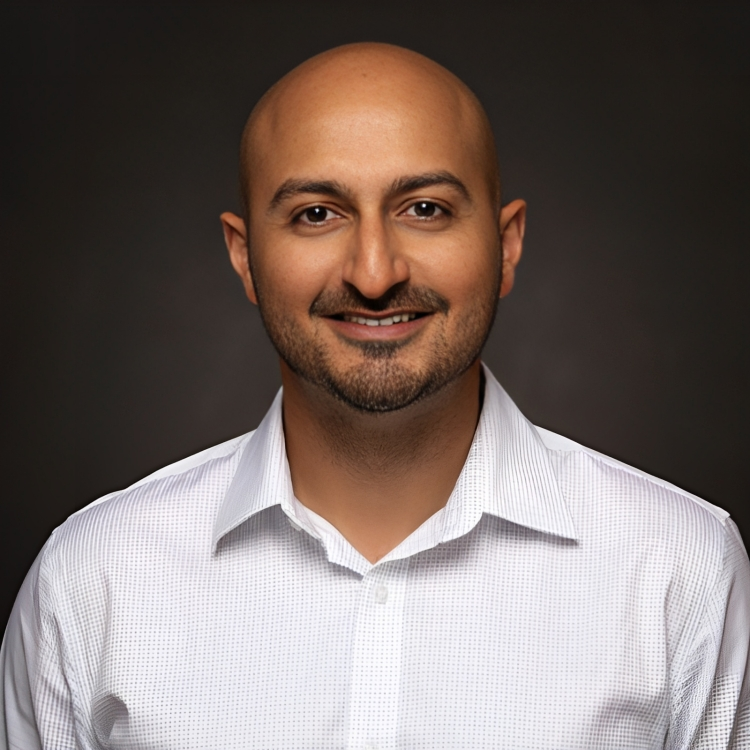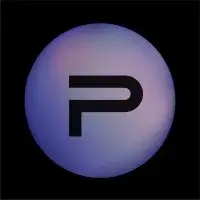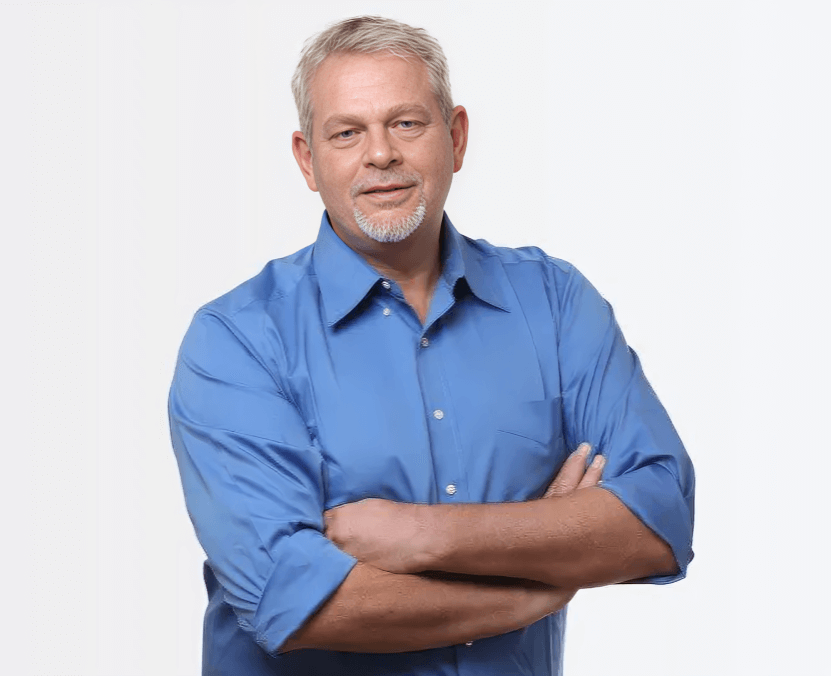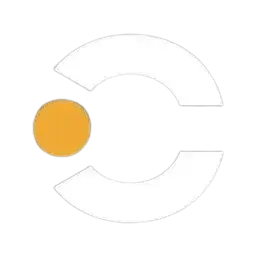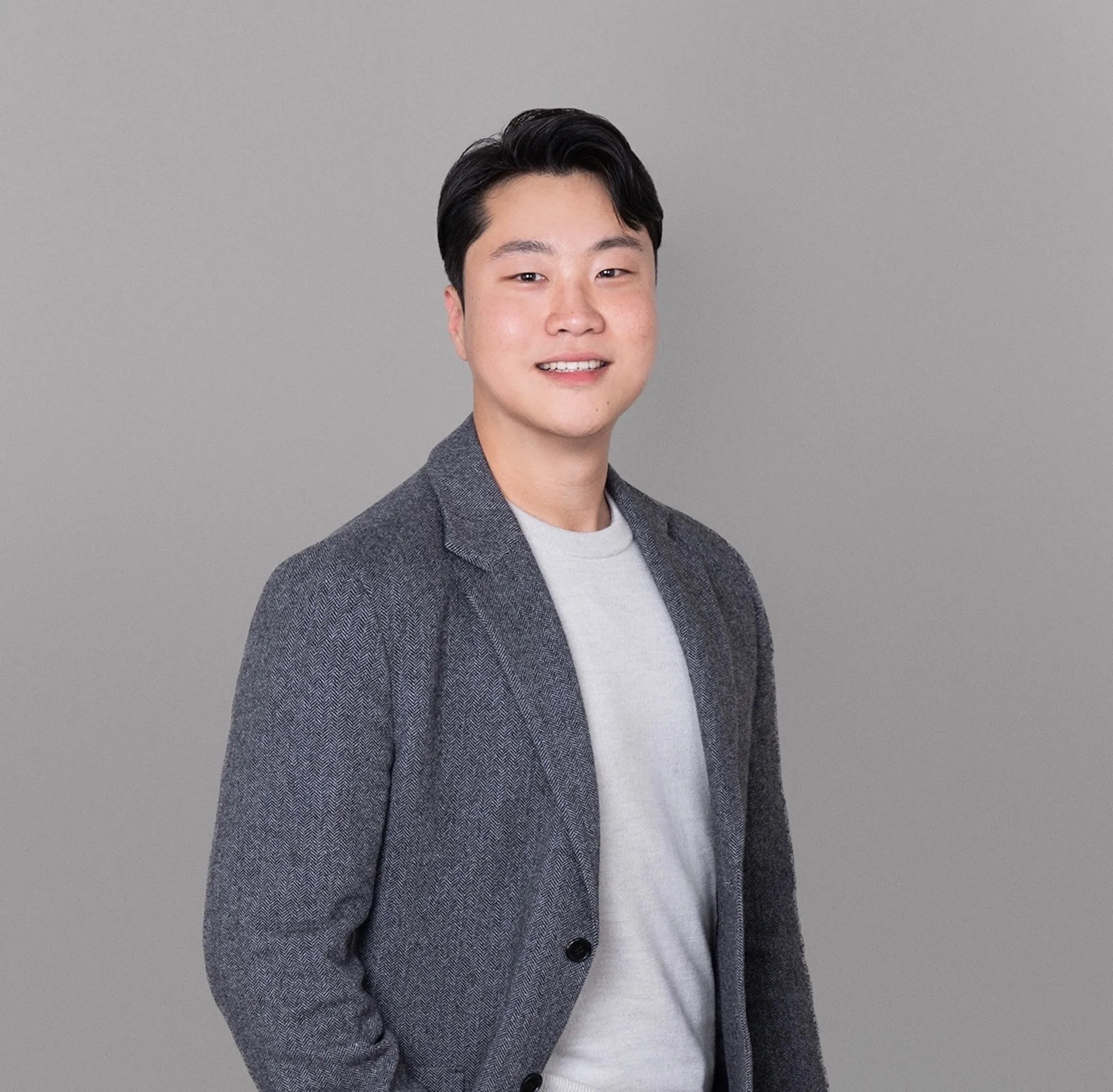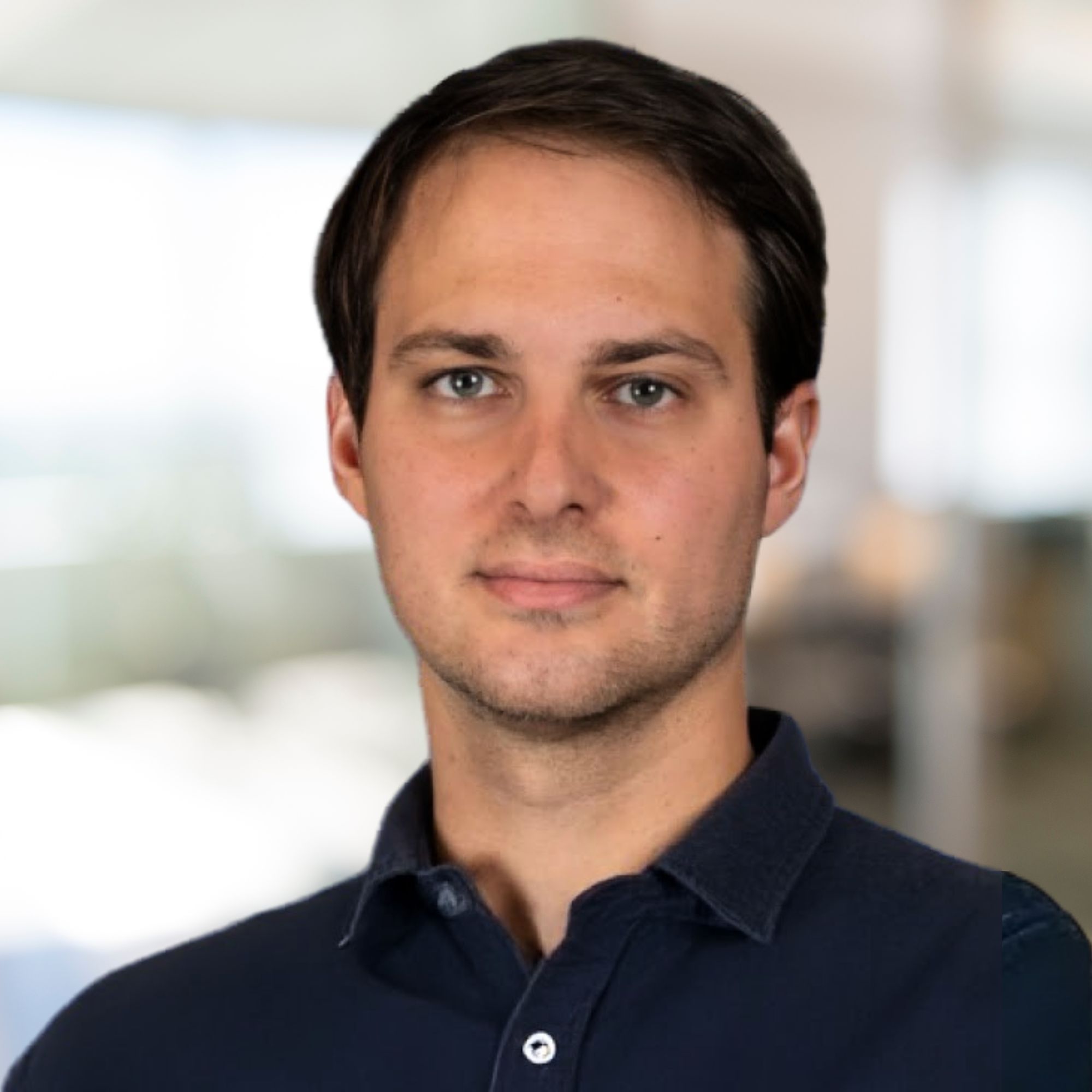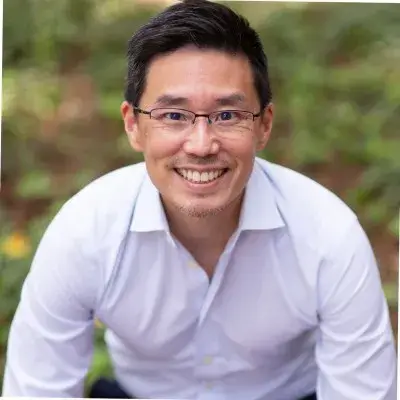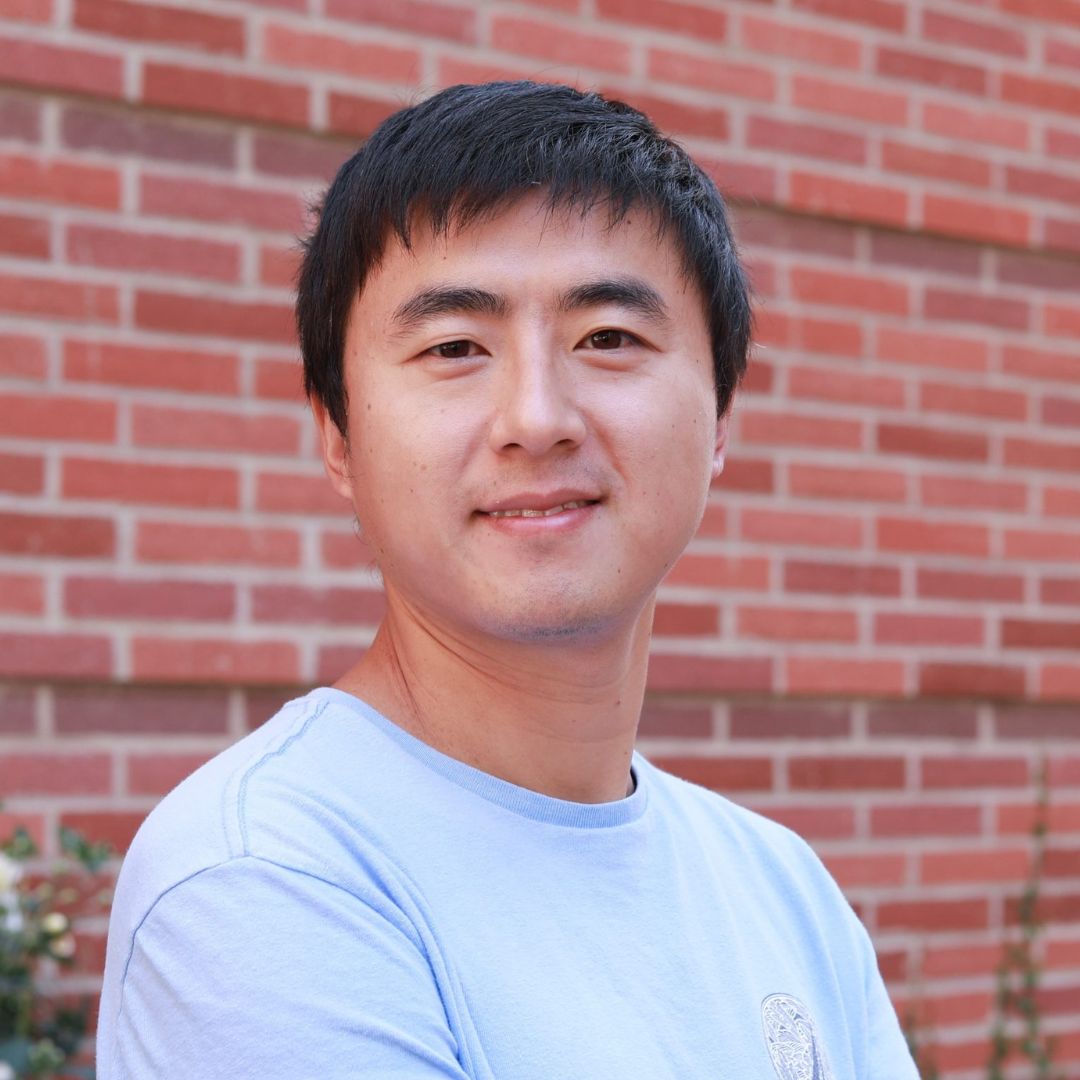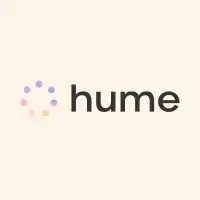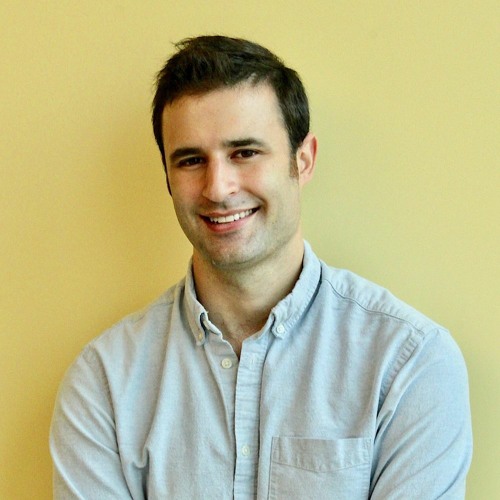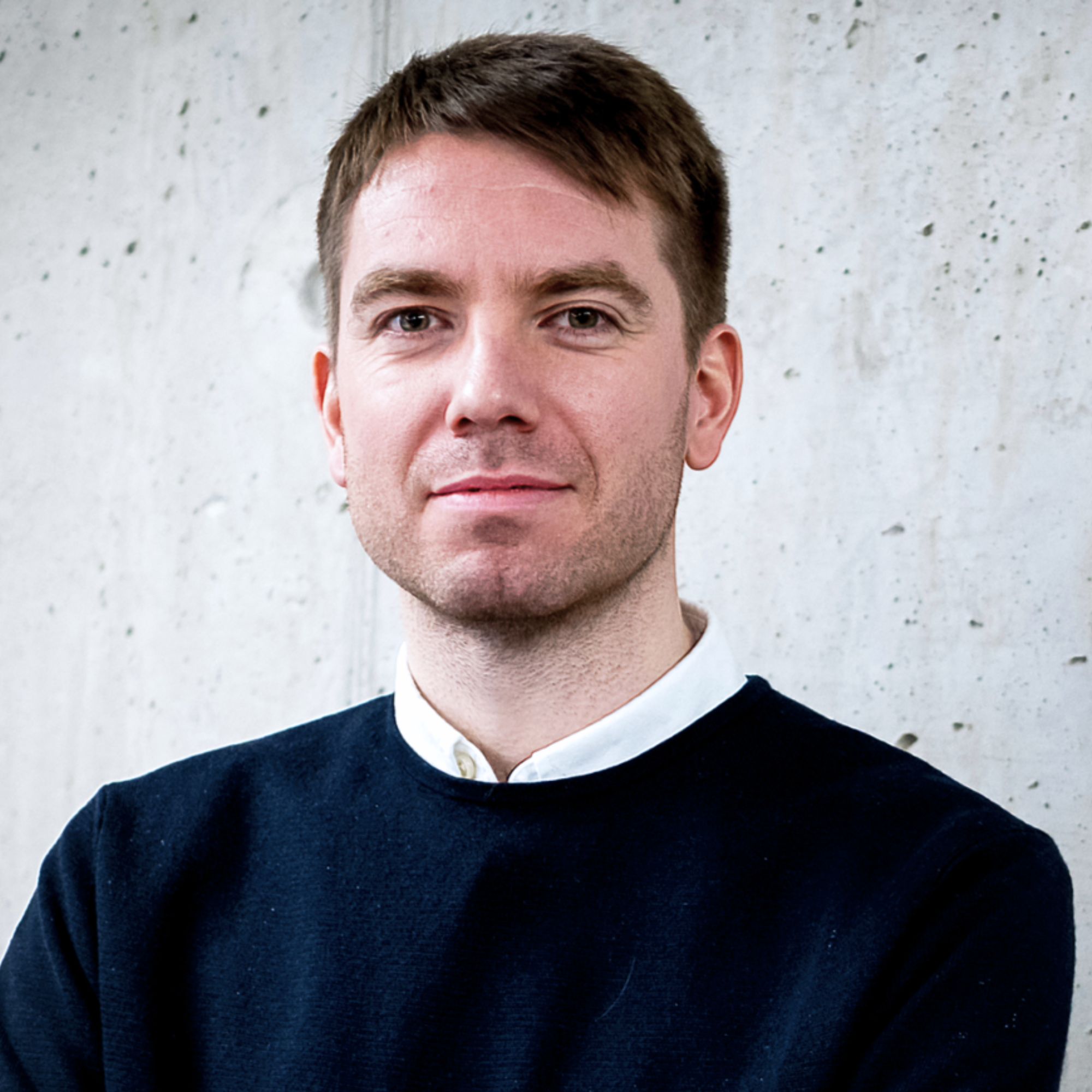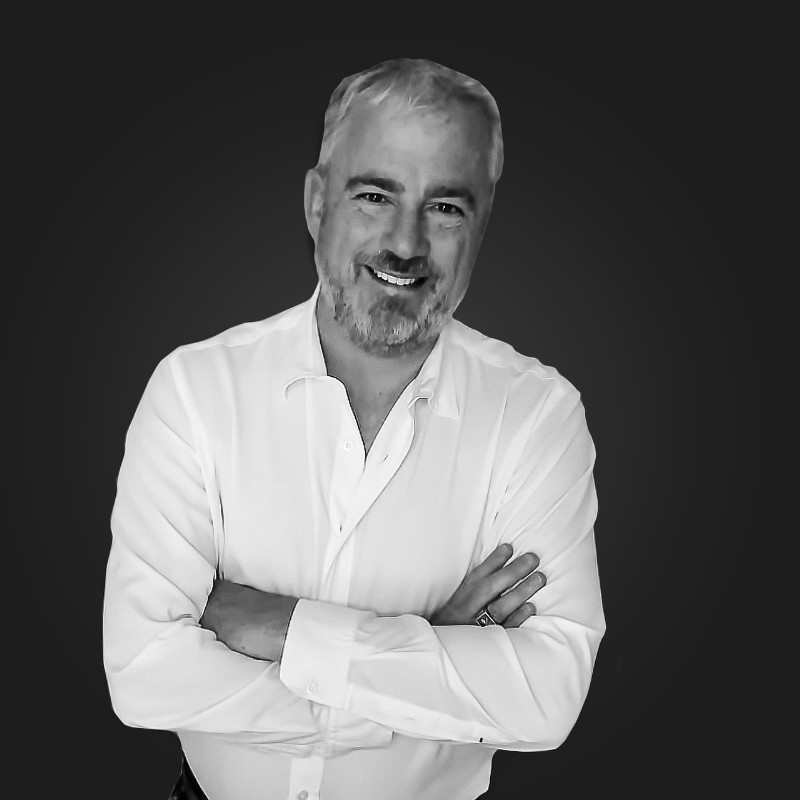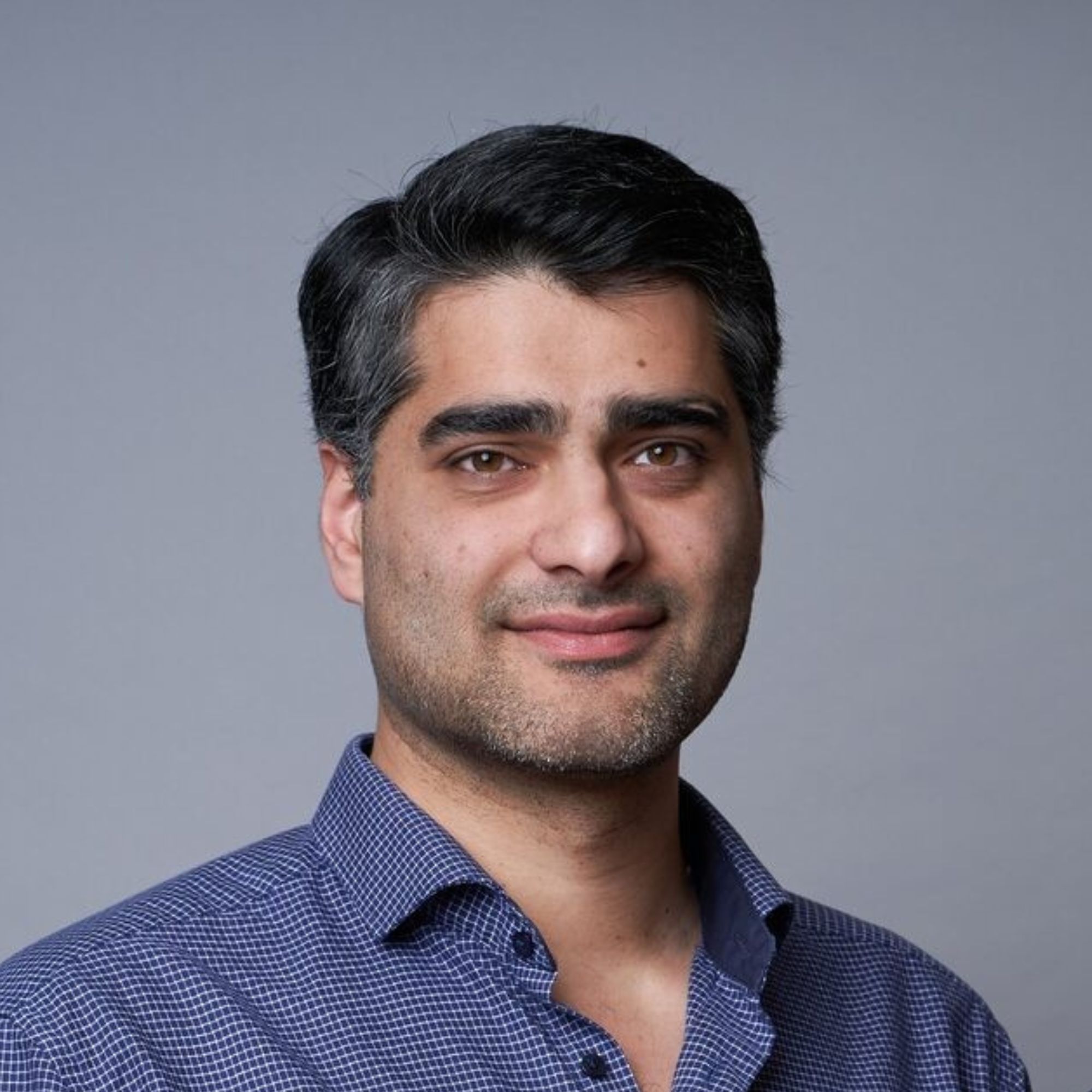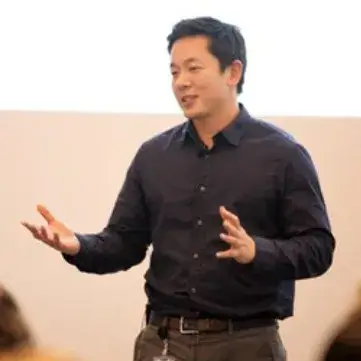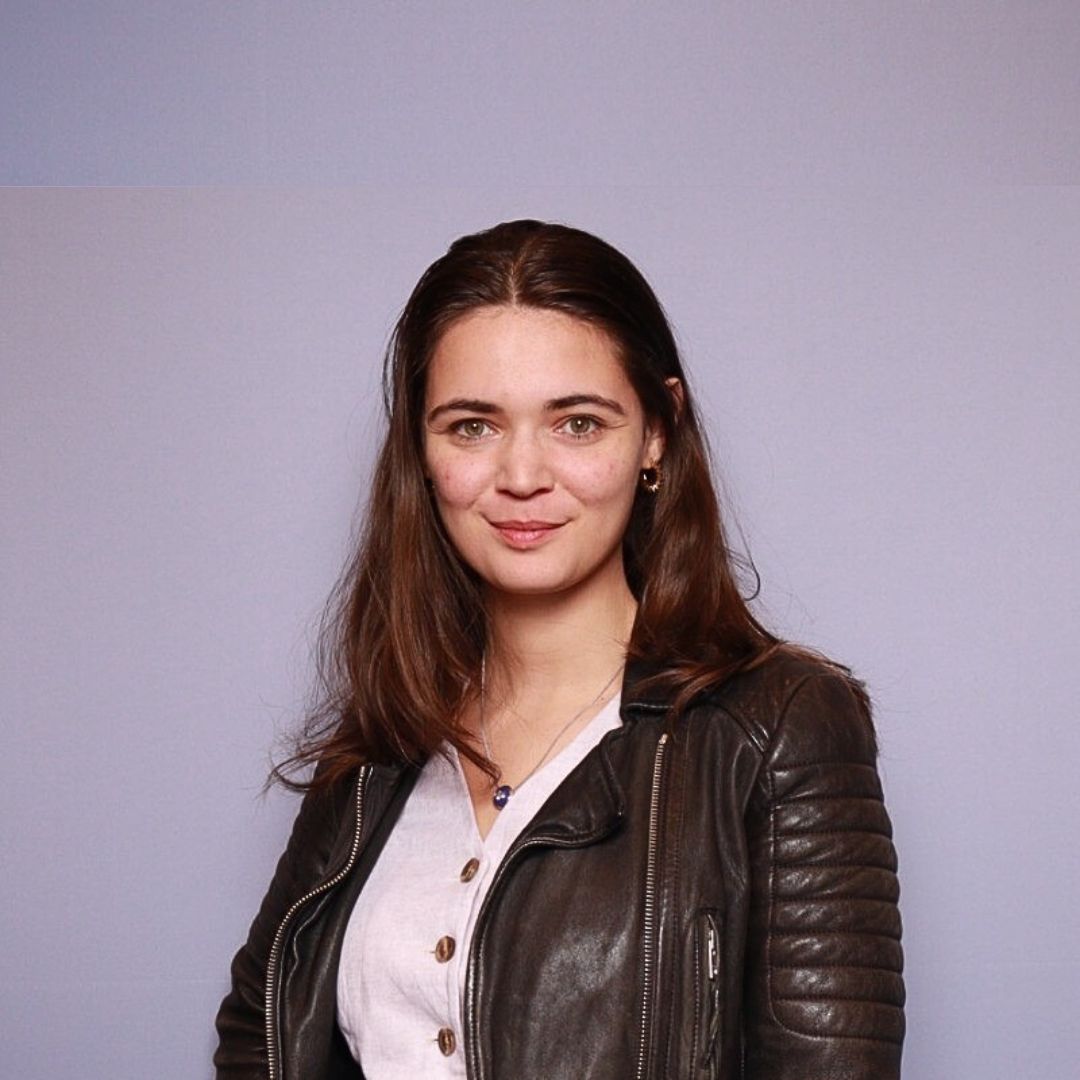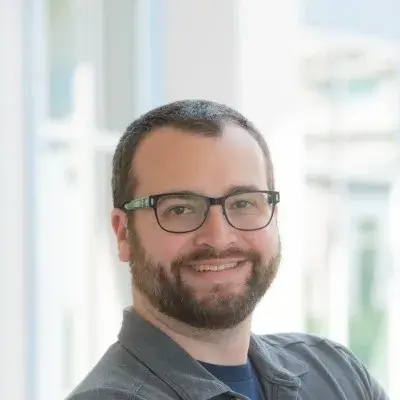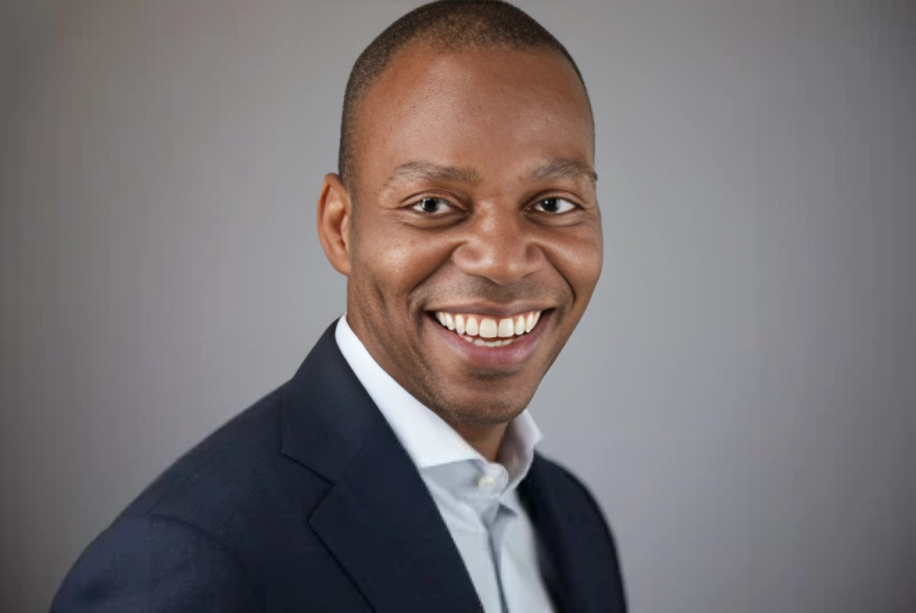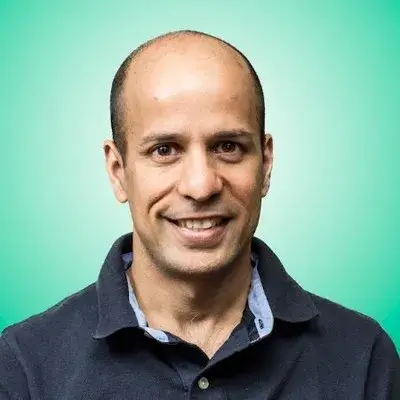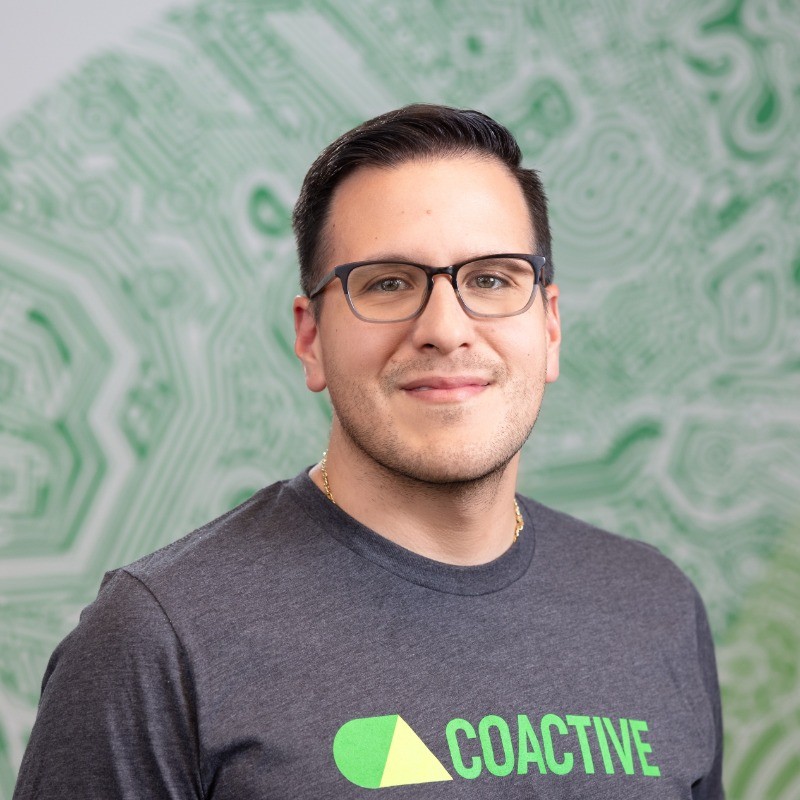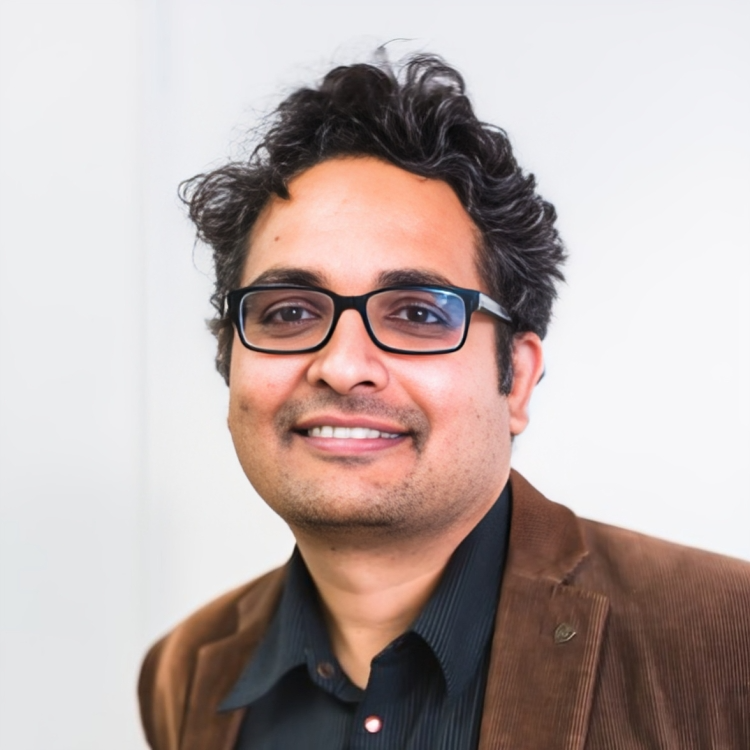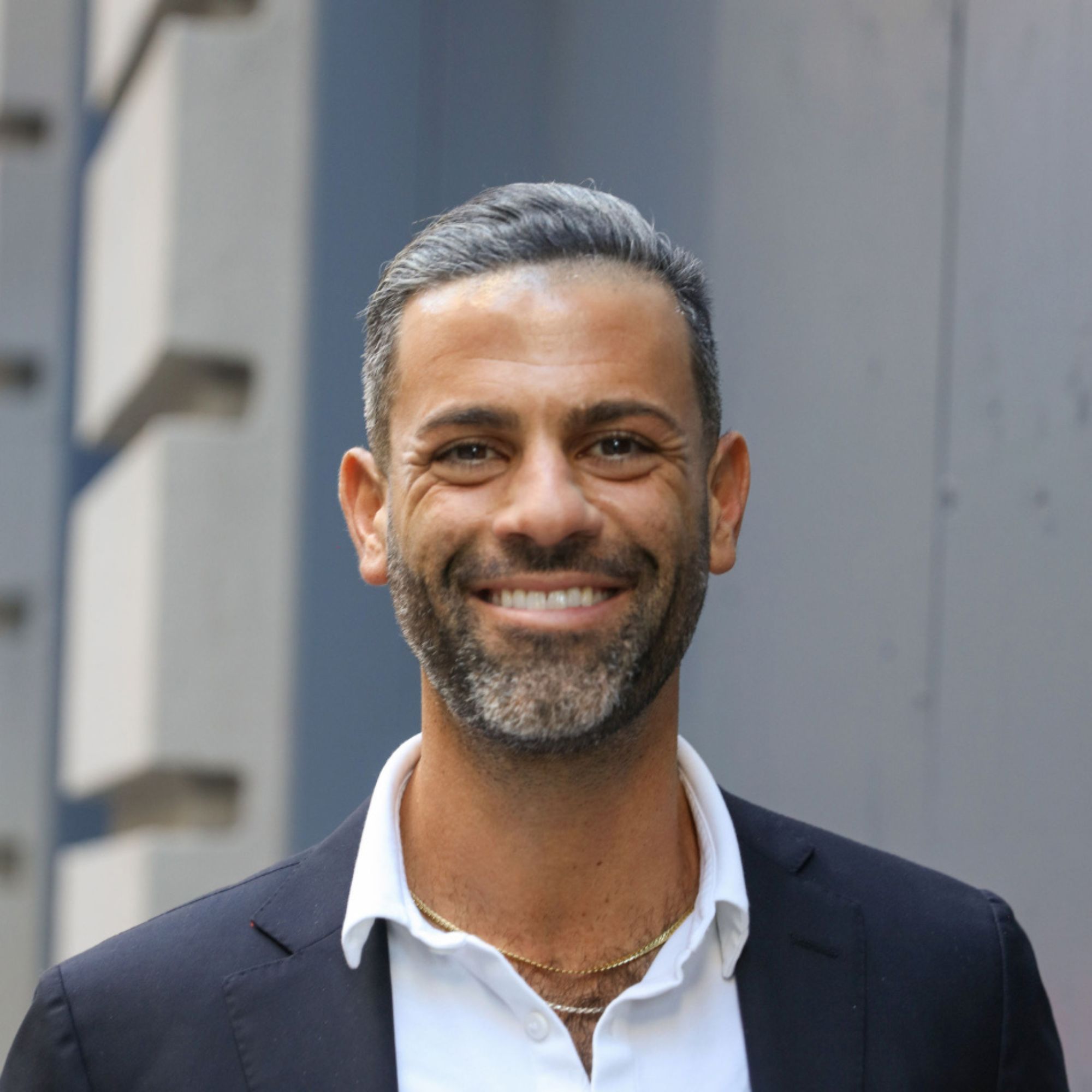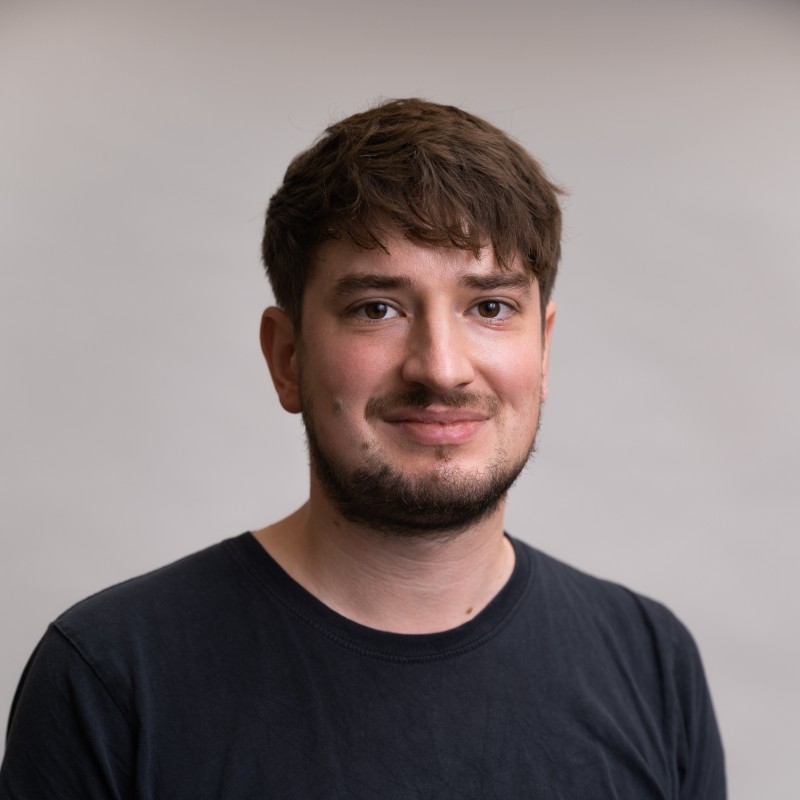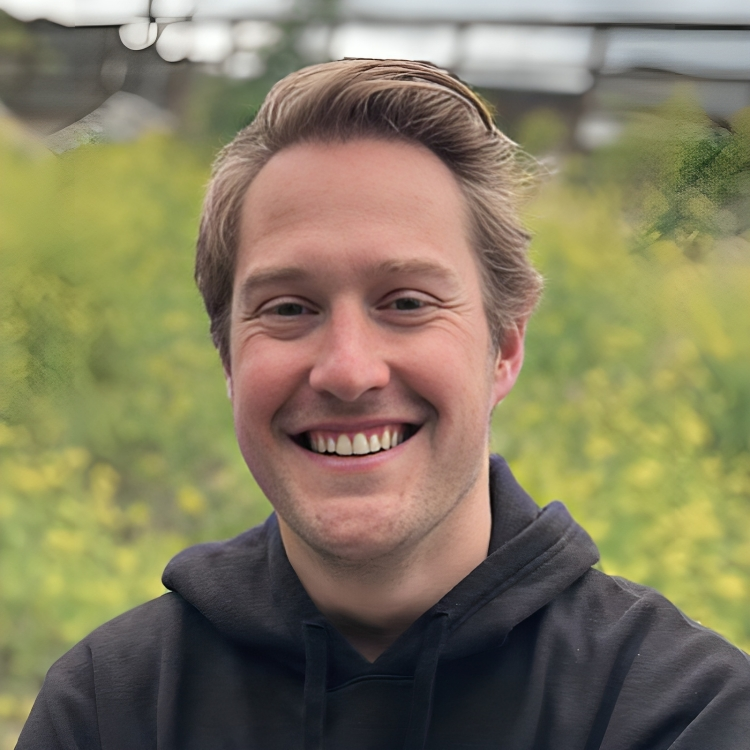Ready to build your own Founder-Led Growth engine? Book a Strategy Call

Frontlines.io | Where B2B Founders Talk GTM.
Strategic Communications Advisory For Visionary Founders
Actionable
Takeaways
Prepare for AI-Driven SaaS Consolidation:
Alon predicts that AI will eliminate the need for many standalone SaaS tools by centralizing enterprise workflows into a single AI assistant. Founders should anticipate this shift and think about how AI might consolidate or integrate their category.
Face-to-Face Selling Still Works:
For early-stage companies, especially in B2B, landing those first key enterprise accounts often requires traditional in-person sales tactics. It’s not all about digital marketing—personal connections matter, particularly in AI.
Differentiate with Data Moats:
AI companies can achieve defensibility by acquiring proprietary datasets. Industries where data is scarce, such as robotics, present significant opportunities to build unique data-driven AI products.
Manage Land-and-Expand Sales Effectively:
Separate your sales efforts into two teams—one focused on initial landings and another on expansion—so your salespeople don't confuse or blend their objectives, which can dilute your go-to-market strategy.
Leverage a Wide Investor Network:
Founders can generate more value from a diverse group of smaller investors rather than relying heavily on large VCs. This approach can lead to more introductions, support, and business connections.
Conversation
Highlights
The PhD That Positioned Ask-AI Two Years Before the ChatGPT Explosion
Most founders who sell their first company immediately start another. Alon Talmor took a year to travel the world instead—then enrolled in a PhD program focused on question-answering AI. By the time ChatGPT shocked the world in November 2022, he’d already been building Ask-AI for two years.
In a recent episode of Category Visionaries, Alon Talmor, CEO and Founder of Ask-AI, shared how an accidental lecture attendance in 2015 led him to position his company at the exact intersection where academia meets the generative AI revolution. The result: an enterprise AI platform with an audacious thesis—that AI will make traditional SaaS obsolete.
The Empty Feeling Nobody Warns You About
After selling his first company to Salesforce in 2012, Alon experienced something most successful founders never discuss publicly. “It pretty much changes your life. It’s kind of a big psychological conversation about what that means,” he reflects. “And sometimes it could be, even though that sounds strange but a bit depressing because you put your goal as kind of, I want to sell a company, I want to succeed in high tech. If you feel that pretty much happened, sometimes you feel you have no so what’s your goal right now?”
His co-founders jumped immediately into new startups. Alon traveled for a year. “I realized that’s fun, but also not for me. A lot of founders need to be driven by some kind of goal, like seeing some kind of far ahead target and trying to reach it.”
The Billion-Dollar Problem Hidden in a Lecture
What Alon sought shaped what he found. “I was looking for what would be kind of a bigger. Well, I tend to like big disruptional changes, like what would be a big kind of technology shift that would happen next.”
In 2015, he attended a lecture by a postdoc returning from Stanford. The professor mentioned something that made his entrepreneurial instincts fire. “He said, there’s a professor called Michael Jordan. It’s not the same Michael Jordan. There’s really a professor in machine learning called Michael Jordan. And he said in 2015 that there’s a problem that if an AI is able to solve a question, something like, what’s the second biggest city in the US that has a river next to it, like some complex question. If you’re able to solve that, there’s a market with billions of dollars there.”
That single statement led Alon to pursue a PhD focused on reasoning for question answering—essentially what ChatGPT does today. Between 2016 and 2020, he had a front-row seat to the generative AI revolution. “We were astounded to see this whole revolution unfolding.”
Discovery, Not Invention
Alon offers a perspective few AI founders admit publicly. “Generative AI is not an invention, it’s more of a discovery. Like the fact that we can produce these models and they know to do what they do. We didn’t anticipate that. Like were surprised the same way as everyone is surprised, the scientists.”
When Ask-AI launched in 2020 after he finished his PhD, they were ahead of the curve. “We already realized that something big is going to happen industry, not just in academia,” Alon explains. “It wasn’t surprising that ChatGPT was such a strong model. What was surprising is how fast it came and how explosive the revolution is.”
The SaaS Death Thesis
Ask-AI’s vision is radical. “We’re actually building an enterprise AI platform starting from customer support that in our vision, eventually would disrupt SaaS deeply. We feel that AI would pretty much make SaaS dead and consolidate many of the SaaS solutions, including the system of record,” Alon states.
The insight comes from understanding enterprise software’s fundamental limitation. “The CRM even today only shows you part of the customer and not the whole customer, right?” Alon explains. “But AI would just start that. Like it would bring in all your company data, bring in all the channels, see kind of a 360, and that will be your real CRM record for the account.”
The future he describes sounds radical until you see it starting to happen. “One AI assistant to roll them all. You would just have your assistant to do mostly anything.” He pushes the vision further. “You think about opening a lot of tabs and doing things in different tabs, but you need to ask yourself, how do I get to this point? Why do you have so many tabs?”
The Two-Path Framework for AI Startups
Every AI founder faces the moat problem. “There’s not a lot of moat as well because the AI is such a good generalist that it’s hard to find something that only you can do,” Alon observes.
His framework offers two paths. “Either go very wide or go very specialized.”
Going wide means building a platform that makes point solutions irrelevant. Going specialized requires finding genuine data advantage. “Think about a place in which you don’t have an abundance of data. Because to get great AI, you need two things. You need a lot of data and compute power. Compute power, we already have. What you may be missing is data.”
Robotics is the example. “You don’t really see robots running around us collecting data, right? All the generative AI, the reason it became so great is because two things happened. Compute power became much better with GPUs. And the data we created became so huge.”
The implication: if you’re building where training data is abundant, your advantage is temporary. “And if you get that data, then you’d have a real moat, and that would be a great company, I think.”
The Future Is Already Here
Ask-AI’s vision extends to how humans will work in five years. “We would be happier. We won’t be replaced. We’d just be happier because we would do stuff we like. We’d be building relationships. We would be thinking about important stuff, and all the repetitive stuff would just go away.”
The path from post-exit depression to PhD to founding a company attacking the entire SaaS category reveals something important about timing. Taking time after an exit isn’t weakness—it’s often what positions you for something bigger than the last company.

